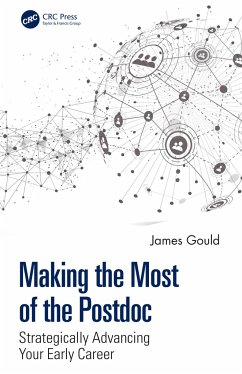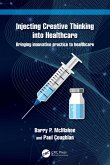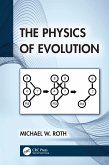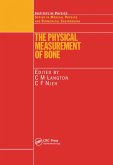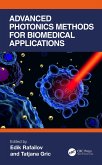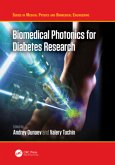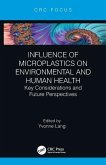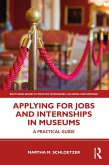Graduate students and postdoctoral fellows spend upwards of 15 years honing their research skills. However, in all this training, compulsory career and professional development courses are far and few between. In the absence of a formal training curriculum, this co-curricular postdoc guidebook can be used as a manual for aspiring scientists to find career success.
Postdocs face many hurdles in their pursuit of research excellence and independence. None more frustrating than making the most of this challenging yet rewarding opportunity. Ultimately, the point of postdoc training is not maintaining a lengthy postdoc tenure but landing a satisfying job. Regardless of what they do in their career, postdocs need to gain and master many skills both directly related to their scientific training and beyond. This book posits that if trainees are motivated and given some practical guidance, they can build a professional reputation while achieving a successful postdoc experience.
Based on the personal experiences of the author, this book logically outlines the flow of the postdoc experience from beginning to end by providing actionable advice on how to get the most out of postdoctoral training while laying out strategies for choosing the right research environment to thrive along with planning, and executing, a successful postdoc tenure. Written for current and future postdocs, as well as their mentors, this book covers what they need know, and do, to strategically advance in their early research career.
Key Features:
Practical and actionable advice from an author that has experienced PhD and postdoc training, and is now directing a postdoc office at a world-renowned research institution
Methodical approach most readers can readily adapt for their own purposes
Specifically written for current and future STEM postdocs while being agnostic of the research field
Dr. James Gould, PhD is Director of the HMS/HSDM Office for Postdoctoral Fellows at Harvard Medical School (HMS) where he has implemented research, career, and professional development programs and policies for
HMS-affiliated trainees since 2011. Prior to HMS, Dr. Gould completed two postdoc fellowships at the National Cancer Institute of the NIH where he became involved in training affairs and studied cancer metabolism. Dr.Gould received his BS in Biotechnology/Molecular Biology from Clarion University of Pennsylvania and his PhD in Biochemistry and MolecularBiology from the University of Louisville.
Postdocs face many hurdles in their pursuit of research excellence and independence. None more frustrating than making the most of this challenging yet rewarding opportunity. Ultimately, the point of postdoc training is not maintaining a lengthy postdoc tenure but landing a satisfying job. Regardless of what they do in their career, postdocs need to gain and master many skills both directly related to their scientific training and beyond. This book posits that if trainees are motivated and given some practical guidance, they can build a professional reputation while achieving a successful postdoc experience.
Based on the personal experiences of the author, this book logically outlines the flow of the postdoc experience from beginning to end by providing actionable advice on how to get the most out of postdoctoral training while laying out strategies for choosing the right research environment to thrive along with planning, and executing, a successful postdoc tenure. Written for current and future postdocs, as well as their mentors, this book covers what they need know, and do, to strategically advance in their early research career.
Key Features:
Practical and actionable advice from an author that has experienced PhD and postdoc training, and is now directing a postdoc office at a world-renowned research institution
Methodical approach most readers can readily adapt for their own purposes
Specifically written for current and future STEM postdocs while being agnostic of the research field
Dr. James Gould, PhD is Director of the HMS/HSDM Office for Postdoctoral Fellows at Harvard Medical School (HMS) where he has implemented research, career, and professional development programs and policies for
HMS-affiliated trainees since 2011. Prior to HMS, Dr. Gould completed two postdoc fellowships at the National Cancer Institute of the NIH where he became involved in training affairs and studied cancer metabolism. Dr.Gould received his BS in Biotechnology/Molecular Biology from Clarion University of Pennsylvania and his PhD in Biochemistry and MolecularBiology from the University of Louisville.

